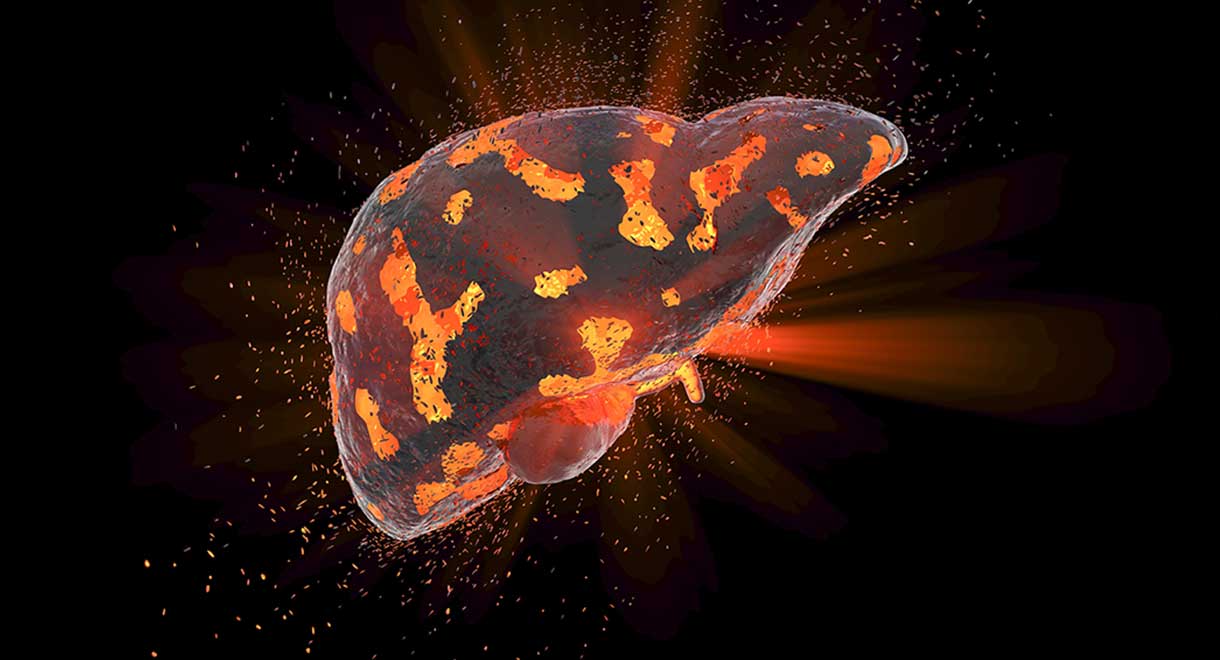Symptoms Of Liver Damage
Liver disease is serious and requires treatment and regular monitoring by a liver specialist.
A liver specialist is known as a hepatologist and you need to be referred by your family doctor or general practitioner. Over nearly 40 years of practicing medicine I have seen many patients develop severe liver disease, which sadly could have been prevented by early detection and early referral to a hepatologist. There needs to be more awareness of liver disease so that patients can be treated early so that we can prevent cirrhosis, liver failure and liver cancer. Make sure you have your liver function checked annually with a blood test.
I have presented my ideas on how to help those with liver diseases using nutritional medicine, which I have been using for many years with good success rates. However, my recommendations do not replace the care of your own doctor and you should remain under the care of your own doctor whilst using nutritional therapies.
If you have any questions you may contact my naturopath, Christine, on 623 334 3232 or email us at support@liverdoctor.com
Symptoms of liver damage
Abnormal metabolism of fats
- Abnormalities in the level of fats in the blood stream. For example; elevated LDL cholesterol, reduced HDL cholesterol and elevated triglycerides.
- Arteries blocked with fat, leading to high blood pressure, heart attacks and strokes.
- Build up of fat in other body organs (fatty degeneration of organs).
- Lumps of fat in the skin (lipomas and other fatty tumors).
- Excessive weight gain, which may lead to obesity.
- Inability to lose weight even while dieting.
- Sluggish metabolism.
- Protuberant abdomen (pot belly).
- Cellulite.
- Fatty liver.
- Roll of fat around the upper abdomen – (liver roll).
Digestive problems
- Indigestion
- Reflux
- Hemorrhoids
- Gallstones and gallbladder disease
- Intolerance to fatty foods
- Intolerance to alcohol
- Nausea and vomiting attacks
- Abdominal bloating
- Constipation
- Irritable bowel syndrome
- Pain over the liver – (upper right corner of abdomen and lower right rib cage)
Blood sugar problems
- Craving for sugar
- Hypoglycemia and unstable blood sugar levels
- Mature onset diabetes (Type 2) is common in those with a fatty liver
Nervous system
- Depression
- Mood changes such as anger and irritability, metaphysically the liver is known as the “seat of anger”
- Poor concentration and “foggy brain”
- Overheating of the body, especially the face and torso
- Recurrent headaches (including migraine) associated with nausea
Immune dysfunction
- Allergies – sinusitis, hay fever, asthma, dermatitis, hives, etc.
- Multiple food and chemical sensitivities.
- Skin rashes and inflammations.
- Increased risk of autoimmune diseases.
- Chronic fatigue syndrome.
- Fibromyalgia.
- Increase in recurrent viral, bacterial and parasitic infections.
External signs
- Coated tongue
- Bad breath
- Skin rashes
- Itchy skin (pruritus)
- Excessive sweating
- Offensive body odor
- Dark circles under the eyes
- Yellow discoloration of the eyes
- Red, swollen, itchy eyes (allergic eyes)
- Acne rosacea – (red pimples around the nose, cheeks and chin)
- Brownish spots and blemishes on the skin (liver spots)
- Red palms and soles which may also be itchy and inflamed
- Flushed facial appearance or excessive facial blood vessels (capillaries/veins)
Hormonal imbalance
- Intolerance to hormone replacement therapy or the contraceptive pill (e.g. side effects)
- Menopausal symptoms such as hot flashes may be more severe
- Premenstrual syndrome (PMS) may be more severe
NOTE: All of the above symptoms are common manifestations of a dysfunctional liver. However, they can also be due to other causes, of a more sinister nature, so, in all cases of persistent symptoms it is vital to see your doctor.


Leave A Comment